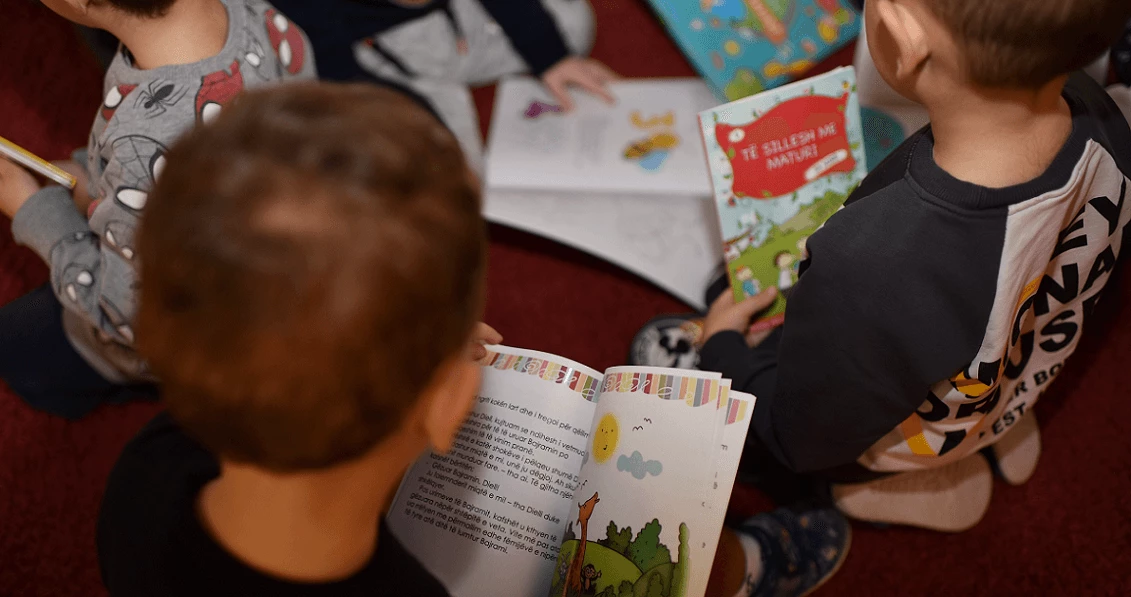 Kids playing at a kindergarten, Kosovo
Kids playing at a kindergarten, Kosovo
Era, a little girl from Pristina, starts her morning in a rush. Her parents prepare breakfast and pack her bag for kindergarten. Era is one of the lucky children in Kosovo. Most have no opportunity to attend kindergarten or develop early skills that are foundational for their future. Era’s peers born today will only be 57% as productive when they reach adulthood as they could be if they received full health and quality education services early in their lives.
The literature shows that early childhood development (ECD) is critical for human capital formation. Investing in the early years is the smartest investment a country can make to create human capital that promotes economic growth .
One of the greatest obstacles to Kosovo’s economic advancement is human capital that does not meet the challenges of the ever-evolving global economy.. Most younger Kosovars today lack the basic skills required for a modern workforce. Basic healthcare indicators such as infant mortality or under-five mortality rates are much higher than in the European Union. And three out of four children in Kosovo remain functionally illiterate at age 15, according to Program for International Student Assessment (PISA) scores. COVID-19 only exacerbated all of this. ECD centers and school closures and disruptions, teacher strikes, and learning instability are not helping either.
Most of the abovementioned challenges are present in children’s lives from a very early age. In Kosovo, only 23% of children aged 36–59 months were developmentally on track in the literacy-numeracy domain. The picture of access to ECD in Kosovo is telling. While most Western Balkan peers have higher coverage with preschool services, Kosovo exhibits very low rates. In the region, only Bosnia and Herzegovina maintains such low access.
Enrollment, quality and equity
These gaps necessitate urgent and sustained action to invest in ECD. But what can be done today to make sure that future generations of Kosovars are able to reach their full potential?
Enrollment in quality ECD services should be increased so that all families have a chance to access them. Kosovo is well positioned in terms of opportunities. While ECD enrollment is low, the system itself is diverse with public, private, and community-based services. If scaled up, the current balance of public and private provision could ensure flexibility to respond to fast paced demographic trends in the country.
However, access is not enough—ECD quality is critical for child development. There are several ways to improve quality: building and supporting quality assurance systems; boosting teacher qualifications; the continuous improvement of teacher skills, digital platforms for parenting, early identification of child developmental issues, high quality learning environments supporting child development, and a modern science informed curriculum; and updated teaching and learning materials. The quality of teacher-student daily interactions is at the heart of quality, and certainly needs more attention. A soon to be published World Bank study revealed that educators do not sufficiently support independent child activities and struggle with implementing the play-based curriculum.
Equity in ECD also needs improvement. Today, children in rural areas in Kosovo are three times less likely to be enrolled in ECD services than their peers in cities where enrollment rates are highest. Roma, Ashkali, and Egyptian communities are also less likely than the general population to have access to children’s books: 4% of Roma, Ashkali, and Egyptian children own at least three children’s books compared to 27% of the general population. And Kosovar children’s participation in ECD is drastically unequal between socio-economic groups.
Progress to date
Today, Kosovo is responding to the ECD challenge with a clear understanding of the issues. The country has recently adopted the National Education Strategic Plan (NESP) 2022-2026, the new Law on Early Childhood Education 0-6, and has developed detailed implementation plans for the NESP. The strategic documents are focused on expanding ECD provision, which will ensure broader access to ECD services in Kosovo, revisions and adaptations of new curriculum, and investments in quality provision.
The World Bank has been supporting the country’s early childhood development sector for several years. Recent analytical inputs to inform successful child development in Kosovo’s kindergartens include the situational analysis, and Country Economic Memorandum. “Child reading corners” was an initiative that the World Bank supported with the help of the Early Learning Partnership to support broader access of the most vulnerable preschool children to reading materials nationwide. Recently, one of the authors of this blog, Fadia Saadah—Director of the Human Development Practice Group for Europe and Central Asia—visited Kosovo. Fadia helped distribute books for many new child reading corners, including the last of the 450 schools supported through this initiative.
The World Bank Group and Kosovo are now preparing an investment project that will help implement a new ECD policy including healthcare interventions. This work will potentially mobilize efforts of other development partners, such as UNICEF and the EU.
These efforts will help Kosovo build a stronger child centered ECD system for all and promote stronger human capital for economic growth today and for generations to come.

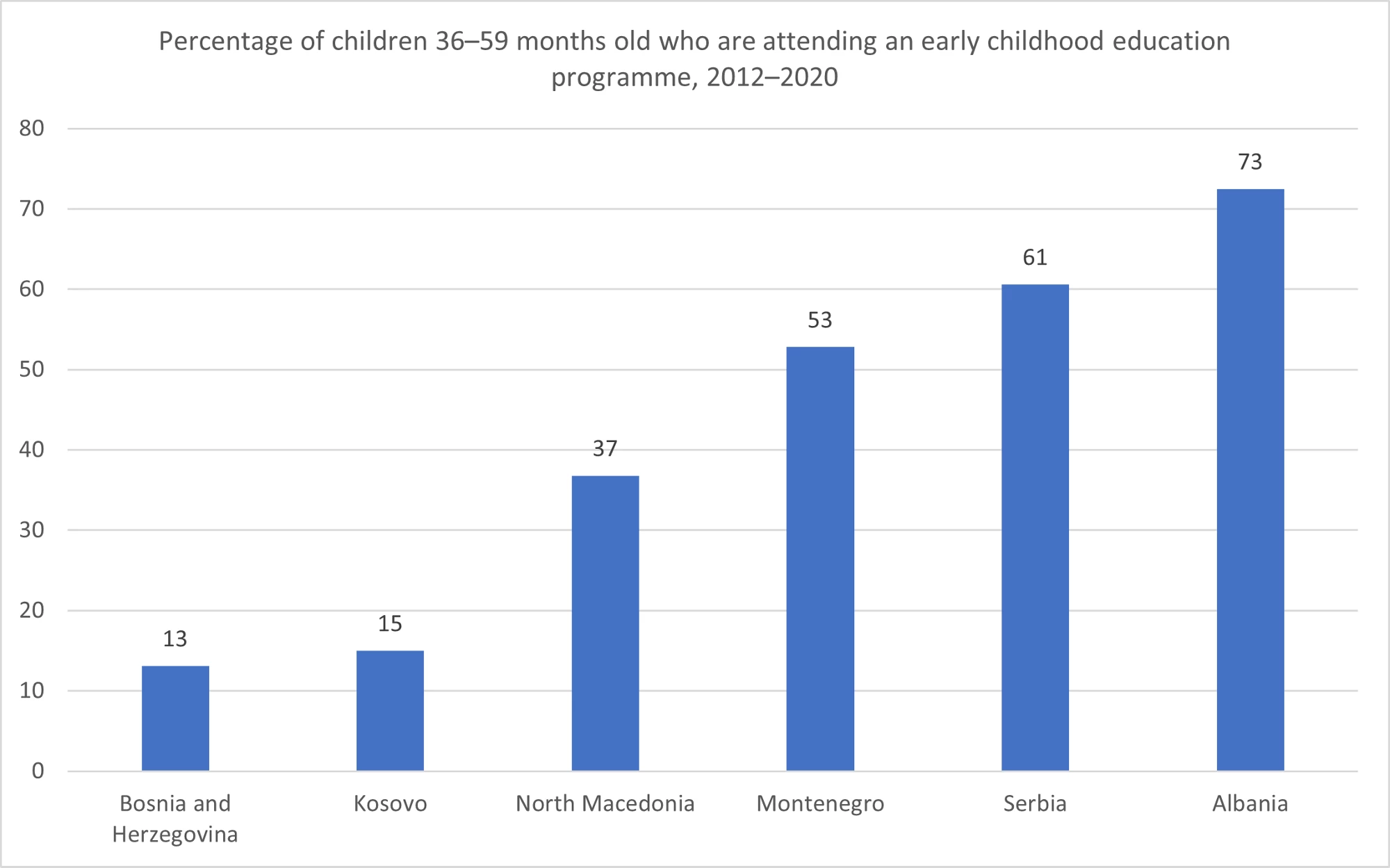
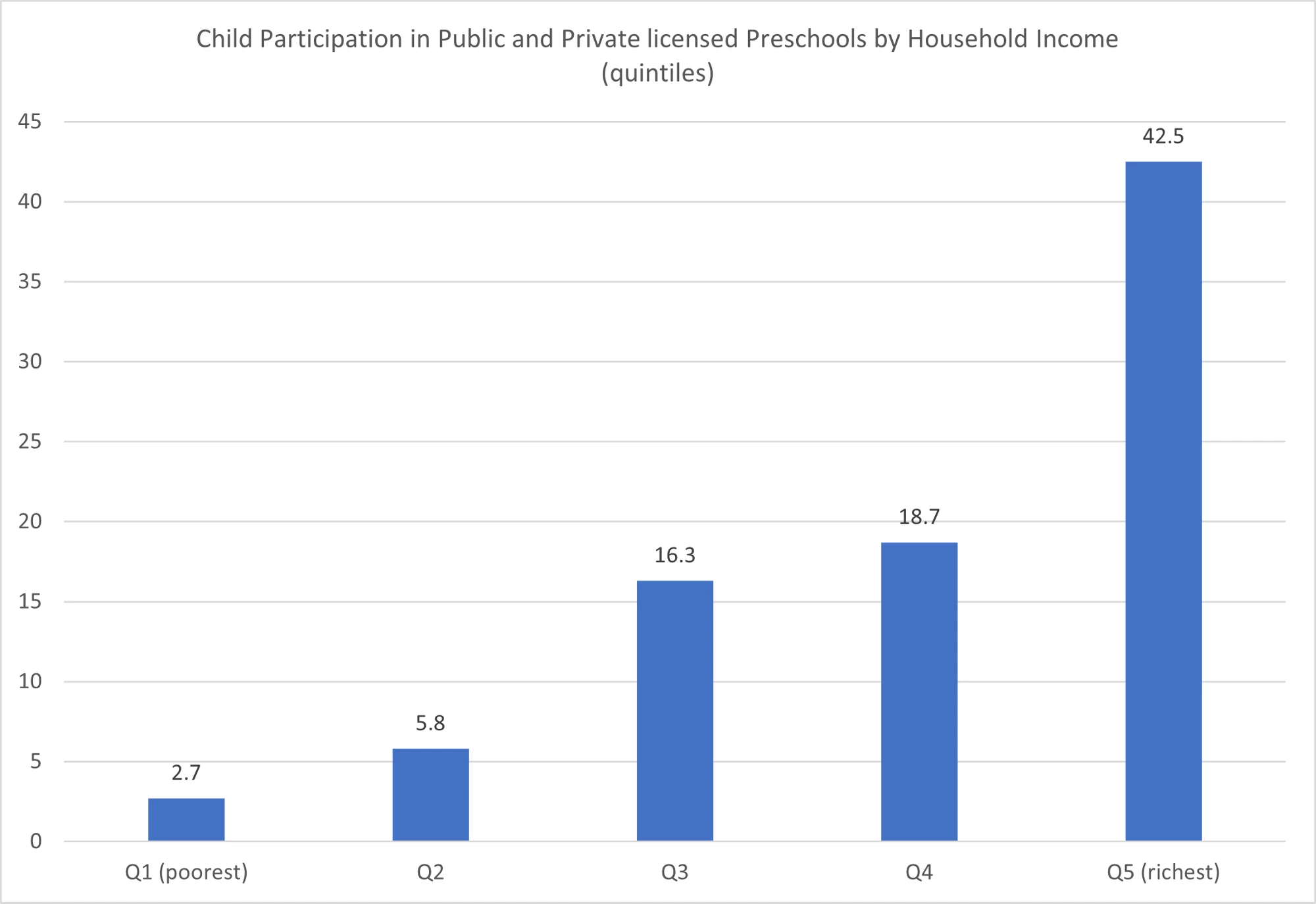

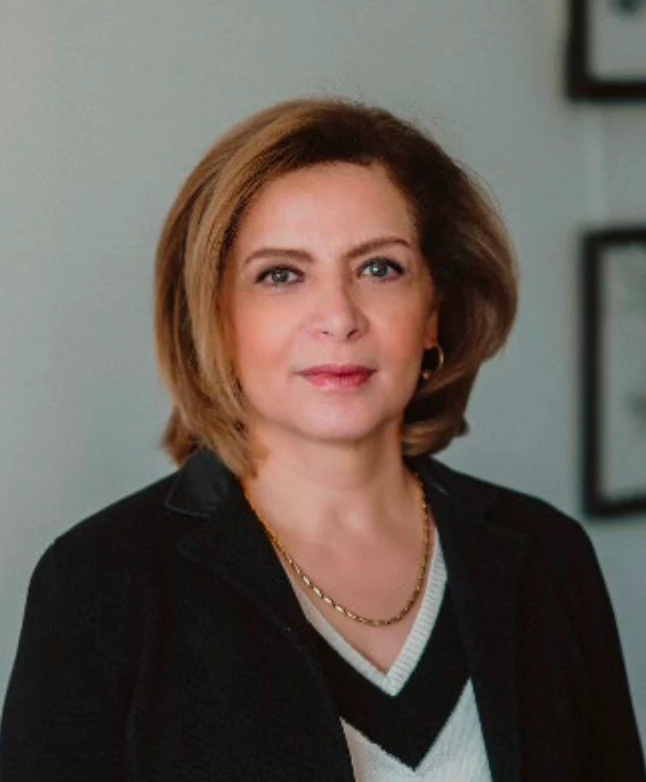
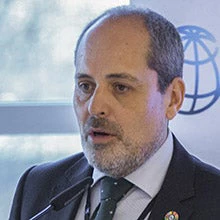
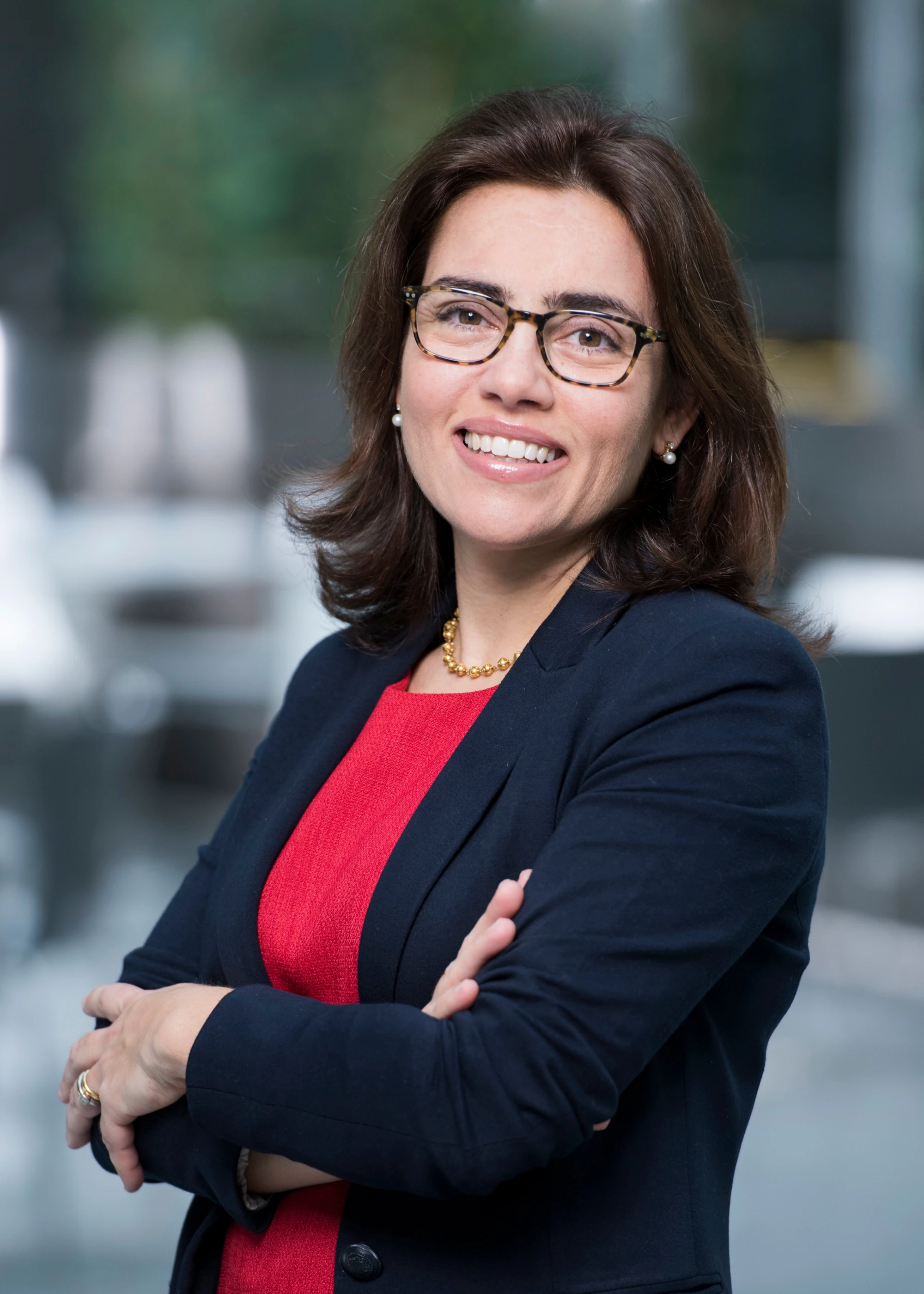
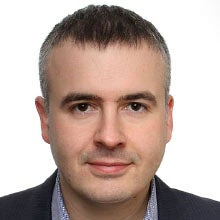

Join the Conversation